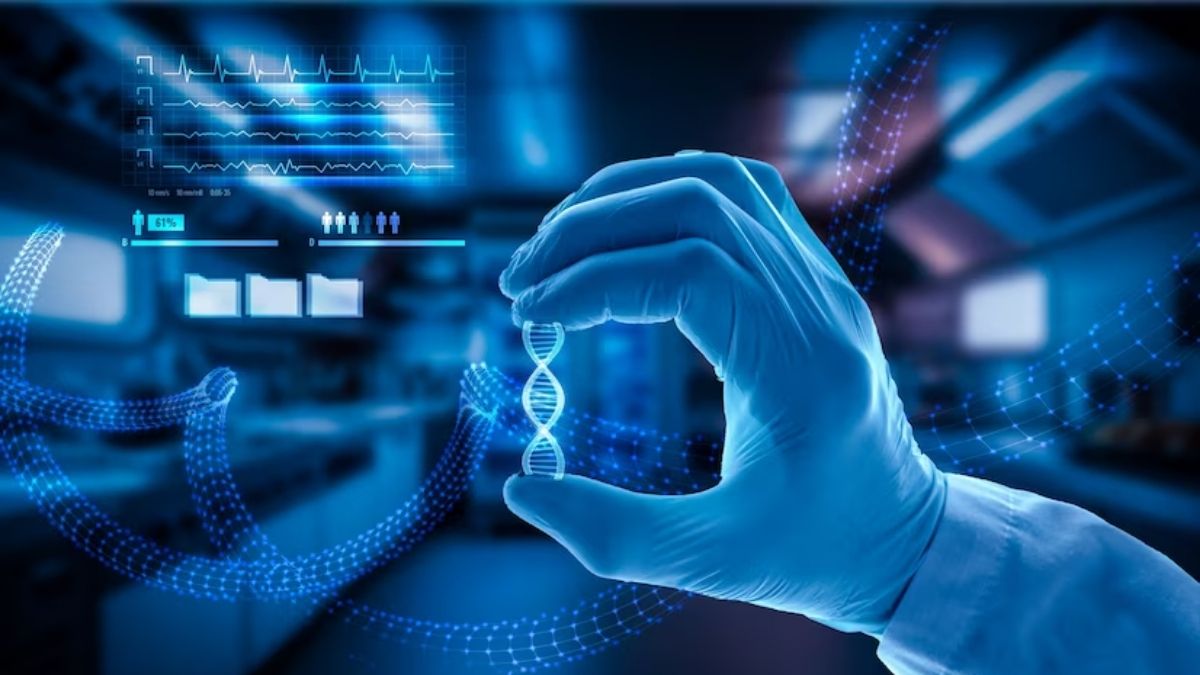Artificial intelligence (AI) is changing the healthcare industry in many ways. One of its most significant impacts is on drug discovery. This process previously incurred high costs, involved time-consuming experiments, and had a high failure rate. AI has revolutionized this process and made it more efficient. Integrating AI technologies into drug discovery reshapes the landscape, offering unprecedented efficiency, speed, and accuracy. The information below will explore how AI transforms drug discovery in the healthcare sector, as provided by the executive search firm Klein Hersh.
1. Accelerating the Drug Discovery Process
One of the significant challenges in drug discovery has been the time it takes to bring a new drug from conception to market. AI is addressing this issue by expediting the various stages of drug development. Machine learning algorithms can analyze vast amounts of biological data at speeds incomprehensible to humans, identifying potential drug candidates and predicting their effectiveness. This acceleration saves time and reduces costs, making drug discovery more economically viable.
2. Predictive Analytics and Target Identification
AI excels at predictive analytics, a capability that proves invaluable in identifying potential drug targets. AI algorithms can identify biological targets associated with specific diseases by analyzing large datasets comprising genetic, molecular, and clinical information. This approach leverages data to focus research on high-probability targets, streamlining drug discovery and improving treatment success rates.
3. Virtual Screening and Compound Optimization
Traditional drug discovery involves screening many chemical compounds to identify potential candidates. AI-driven virtual screening replaces time-consuming and costly laboratory experiments by simulating the interactions between molecules and biological targets. Researchers can use AI algorithms to narrow down the potential compound pool efficiently. This saves resources and improves the chances of identifying successful drug candidates. Furthermore, AI algorithms can help optimize the chemical structure of compounds, enhancing their potency and reducing the likelihood of potential side effects.
4. Personalized Medicine and Biomarker Discovery
AI’s ability to analyze large-scale patient data enables the development of personalized medicine. By considering individual variations in genetics, lifestyle, and environmental factors, AI can identify the most effective treatment strategies for specific patient populations. Additionally, AI is crucial in biomarker discovery, identifying molecular indicators that help diagnose diseases early and predict treatment responses. This personalized approach not only improves patient outcomes but also contributes to the overall efficiency of drug discovery.
5. Collaboration and Data Sharing
AI facilitates collaboration and data sharing among researchers and pharmaceutical companies. The integration of AI technologies allows seamless sharing and analysis of vast datasets, breaking down silos that may have hindered progress in the past. Collaborative efforts enhance the diversity and comprehensiveness of data available for comment, leading to more robust insights and accelerating the pace of drug discovery.
6. Drug Repurposing and Cost Efficiency
AI is instrumental in drug repurposing – identifying existing drugs for new therapeutic purposes. AI can uncover hidden therapeutic potentials by analyzing large datasets and understanding the intricate relationships between drugs and diseases, saving considerable time and resources compared to developing entirely new drugs. This repurposing strategy accelerates the availability of treatments and contributes to cost efficiency in drug discovery.
Integrating AI into drug discovery processes is a transformative force in the healthcare sector. From accelerating the discovery timeline to enabling personalized medicine, AI brings unprecedented efficiency and precision to an industry that has traditionally grappled with challenges. As technology advances, the synergy between human expertise and AI capabilities promises a future where innovative and effective drugs are developed faster, ultimately improving patient outcomes and shaping the future of healthcare. Evolution is underway, and the marriage of artificial intelligence and drug discovery is set to redefine the possibilities within the healthcare sector.
ALSO READ: Seed Artificial Intelligence: Cultivating the Future of AI











